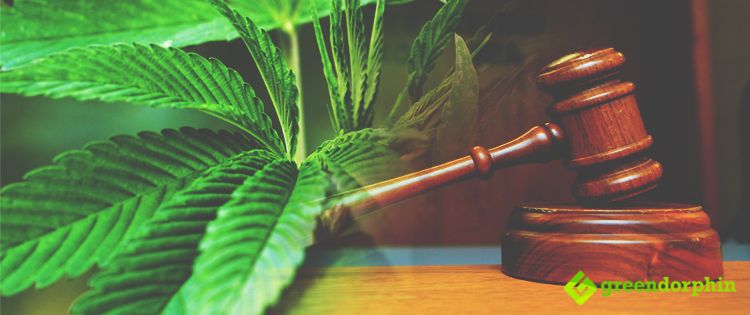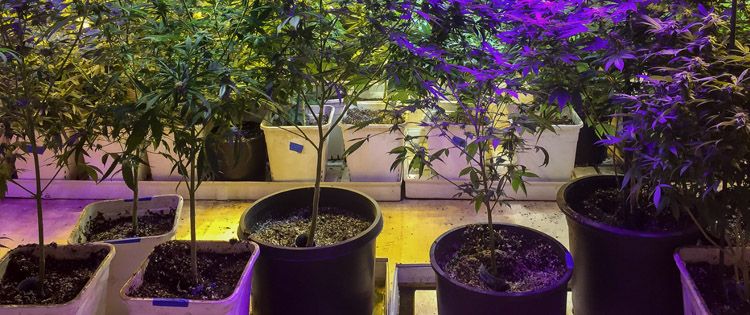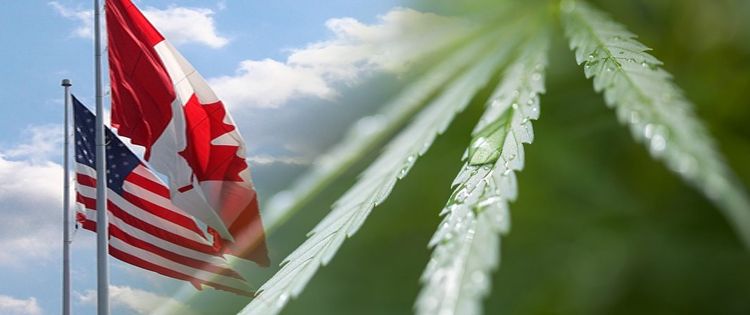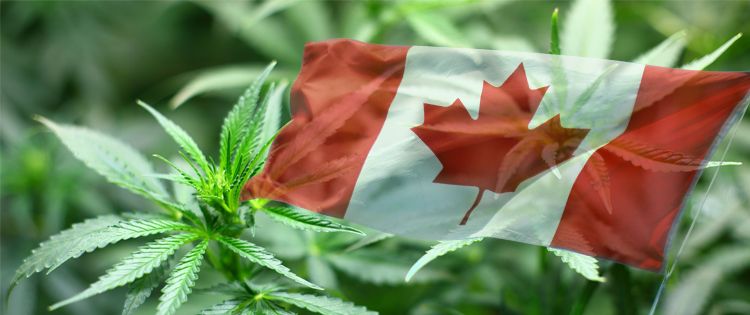Prime Minister Justin Trudeau confirmed that Canada would legalize the adult use of cannabis on October 17 this year.
Trudeau said that this move should disrupt the market share of the organized crime groups that peddle cannabis in the black market and would also protect the youth.
It was during the 2015 election when Trudeau promised that cannabis would be legalized on July 1 but the date got pushed due to several factors. One cause of the delay came from provinces pleading for more time.
Last Tuesday, the Canadian Senators gave the final passage to the bill that aims to make cannabis legal and available in the country.
This will make Canada the second country in the world to legalize cannabis following Uruguay.
Provincial and territorial governments are advised by the Prime Minister to prepare for the surge in retail sales.
“It is our hope as of October 17 there will be a smooth operation of retail cannabis outlets operated by the provinces with an online mail delivery system operated by the provinces that will ensure that this happens in an orderly fashion,” Trudeau said.

At a news conference, the prime minister said that he believes that once the legalization takes effect, the significant part of the operations of organized underground groups that sell cannabis will be disrupted and their market share will drastically decrease. He also said that he has high hopes that in the next months and absolutely in years, the organized crime market will be almost if not completely replaced with legal and authorized sellers.
As mentioned earlier, Uruguay was the first country that allowed the sale and consumption of cannabis. Although Canada is following suit with Uruguay’s cannabis market, they will have their own set of policies and guidelines that will govern the trade for the industry.
Justice Minister Jody Wilson-Raybould said that the legislation is transformative and it will mark a wholesale shift on how Canada will perceive cannabis and its implications in the society.
But the Justice Minister still urges her fellow Canadians to follow the current model until the Cannabis Act comes into force on October, adding that the existing laws still remain laws.

Although it seems that Canada is progressively set in the upcoming legalization, questions still arise from the citizens of the nation including the process of the tests the law enforcement officers will conduct on suspected motorists who are suspected to be driving under the influence. Others are asking about those who were convicted with cannabis charges and how the rules will change regarding home cultivation and growing of cannabis plants.
But two Canadian provinces, namely Quebec and Manitoba, have already decided that they won’t allow owning and growing cannabis in the private properties of their residents. This is directly against what the federal bill specifies. The Cannabis Act particularly states that private individuals can grow up to four plants in their own estates.
Wilson-Raybould said that the federal government cannot intervene because provinces have the power to set their own ordinances. But residents of those provinces still have the right to challenge those local laws.
Meanwhile, Prime Minister Trudeau said that the administration still can’t discuss the concerns regarding the absolution of the past convictions until the Cannabis Act comes into effect. He added that there is no point in looking into pardons right now while the existing laws are still being practiced.
Trudeau also said that they will treat cannabis like tobacco and wine with the slight difference of letting private individuals grow the plants at home. He said this is necessary as it will help in fighting organized groups who are still selling the substance in the black market.

Marijuana stocks in Canada have rallied in the apprehension of the legalization and have once again risen last Wednesday.
In the U.S., nine states plus the District of Columbia have already legalized the use of cannabis. On January 1, California launched the largest cannabis marketplace in the U.S.
Advocates and enthusiasts also received the news well in the U.S. National Cannabis Industry Alliance’s spokesman, Morgan Fox, said that the legalization in Canada should also serve as an example to the southern U.S. states,
Fox said that the most important takeaway from the current development in Canada is that it’s time for the U.S. cannabis business owners to double their efforts for them not be surpassed by the cannabis industry of their neighboring country come October 17.
Don Hartleben, manager of a retail cannabis store called the Dank of America said that the legalization in Canada is politically exciting and it might also become a huge potential business boon for his shop.
He said that he has a lot of customers from Canada, and most of them are afraid of carrying the cannabis products they purchased from his shop across the border.
Hartleben believes that when more people will finally have the liberty to use it in their home countries, they will be confident to buy and consume it as well when they are on a vacation in the states.

Share your thoughts on Canada’s cannabis legalization in the comments below.
- How Commercial Cannabis Growers Can Benefit from Using a Software - May 17, 2019
- Understanding CBD Interactions and Why CBD and Your Brain Can Be Best Friends - January 4, 2019
- The Difference Between Using THC and CBD - December 19, 2018


